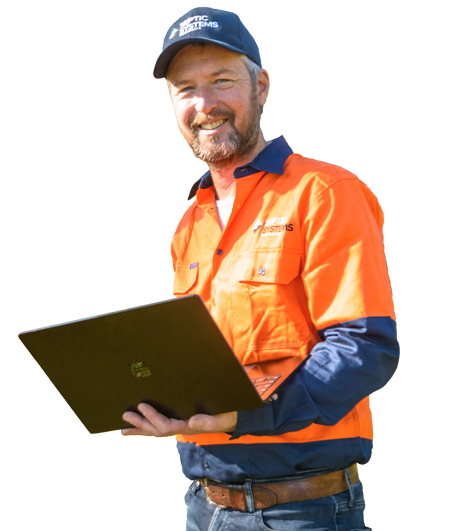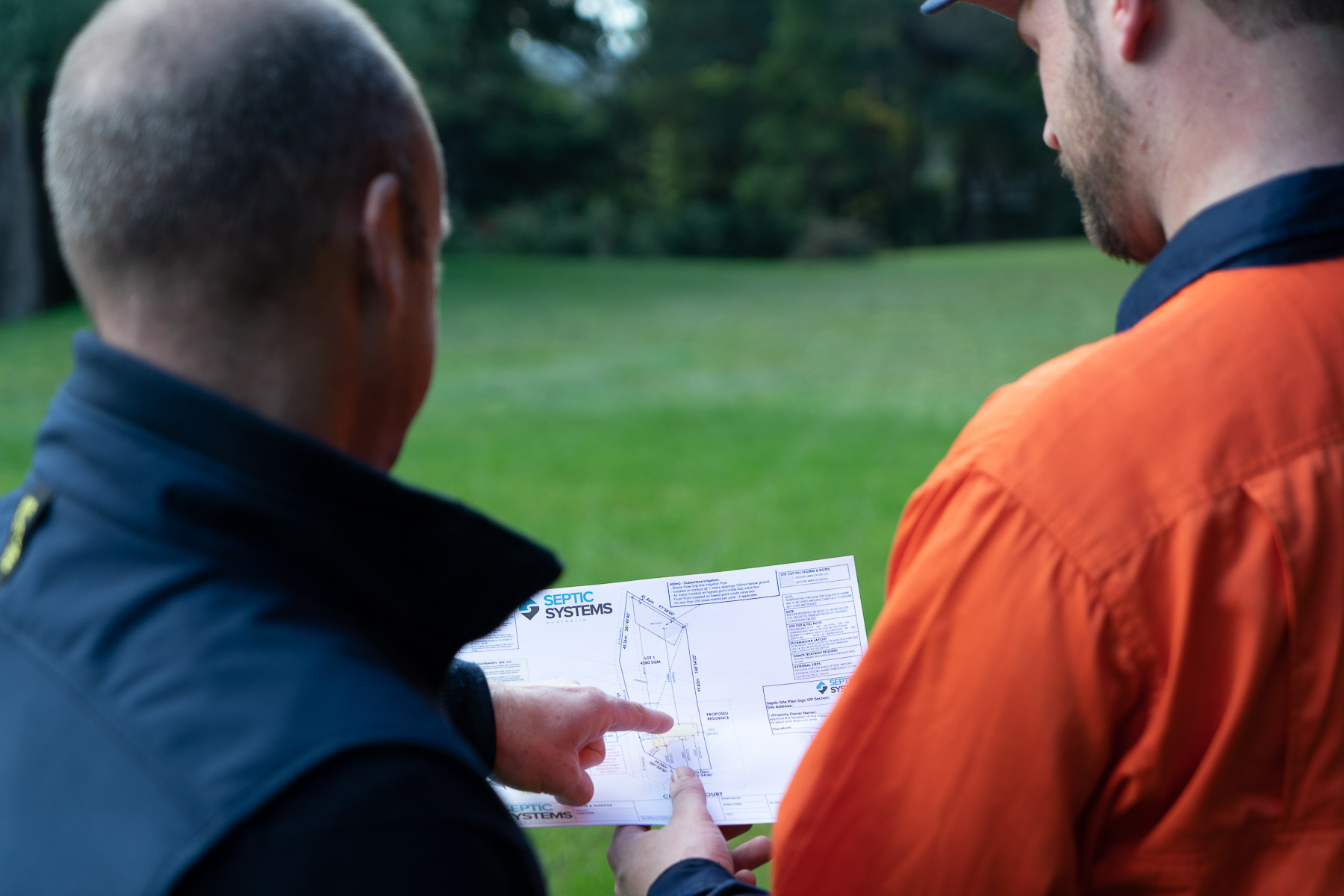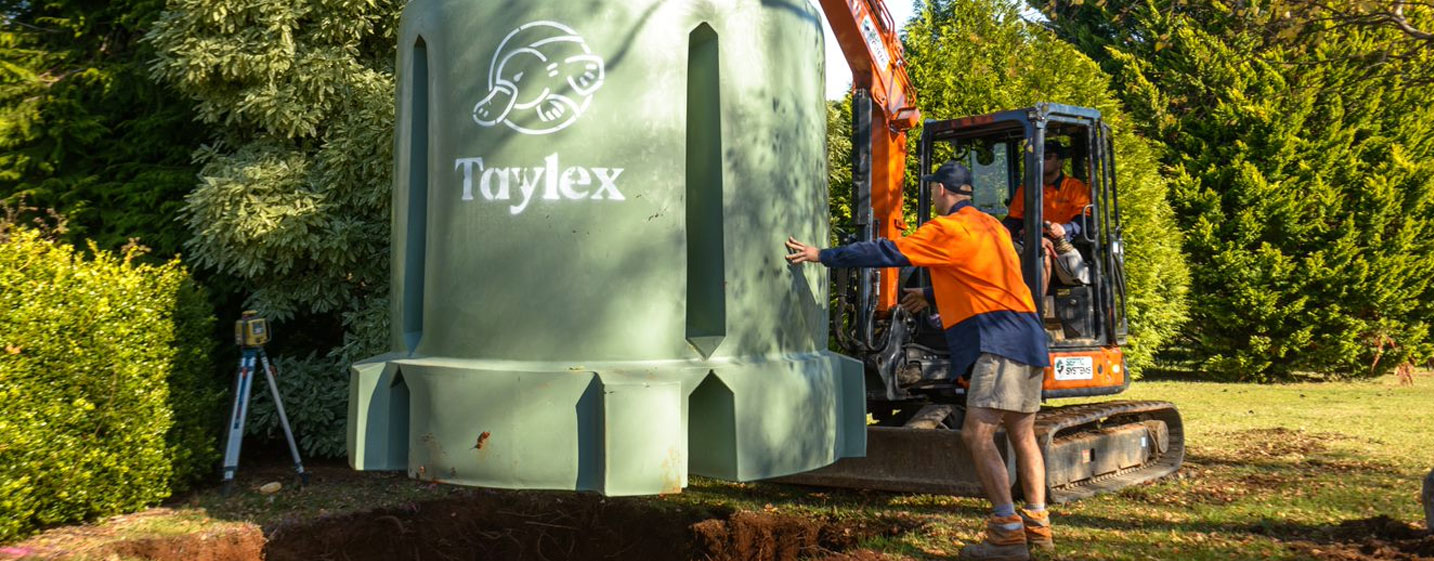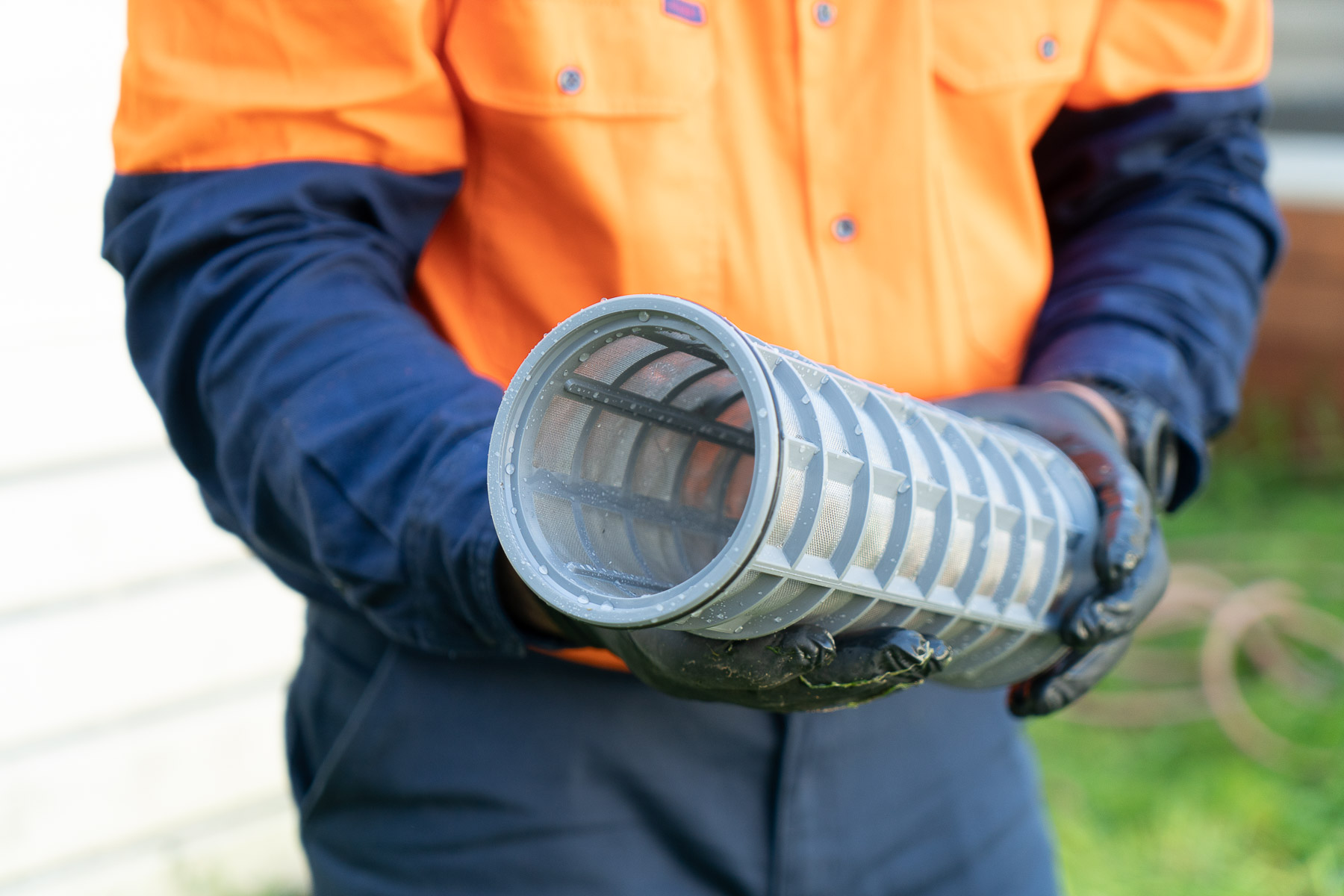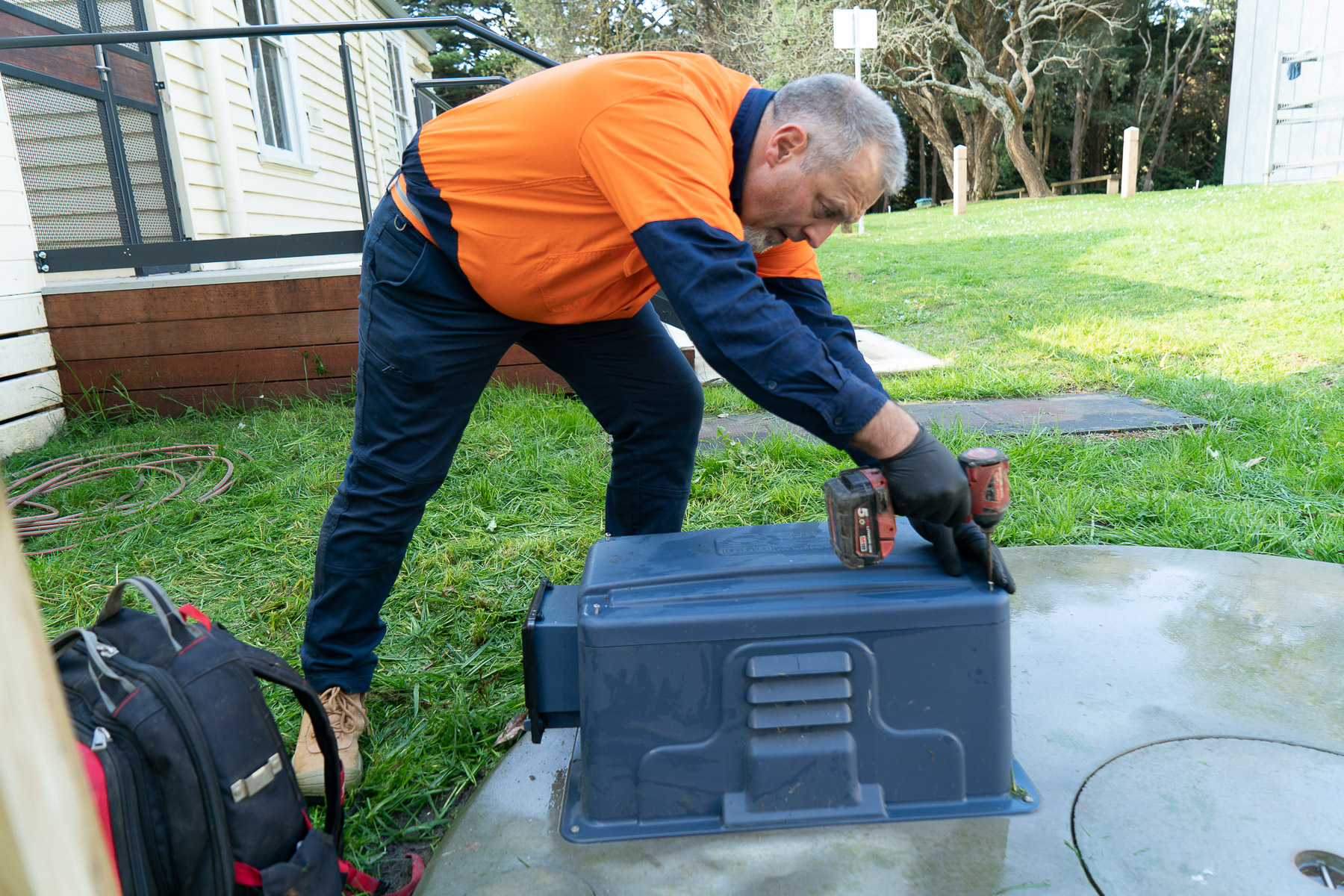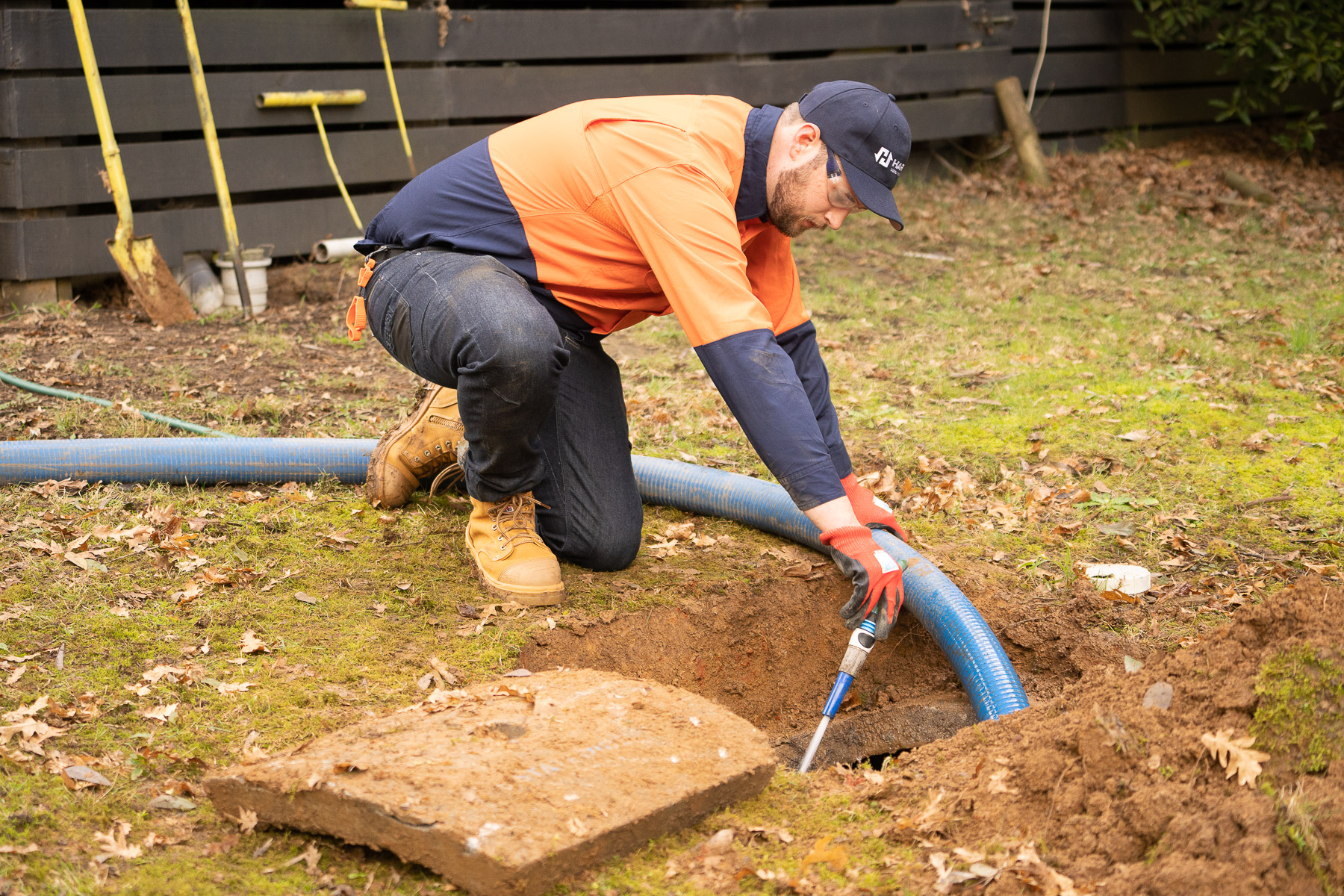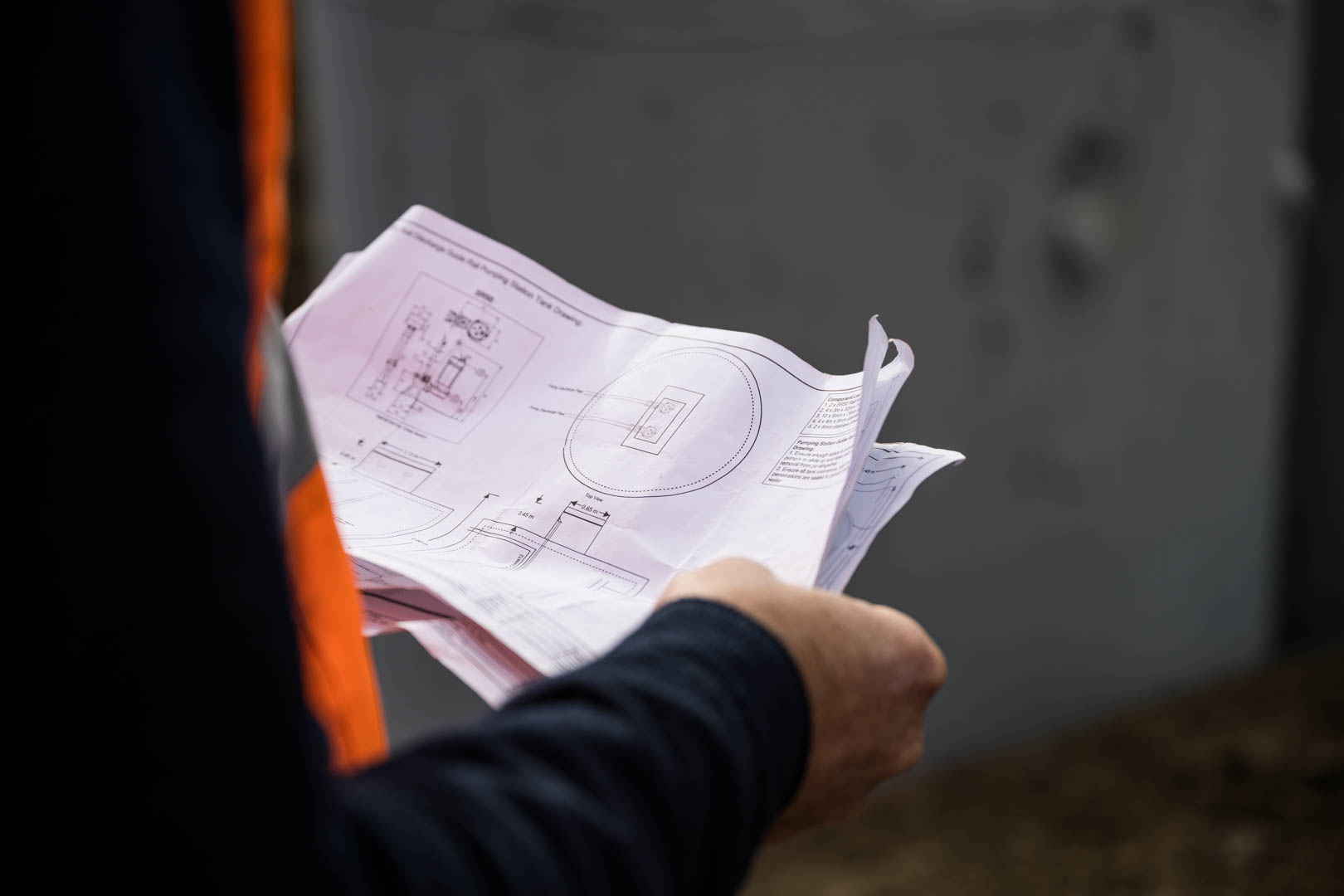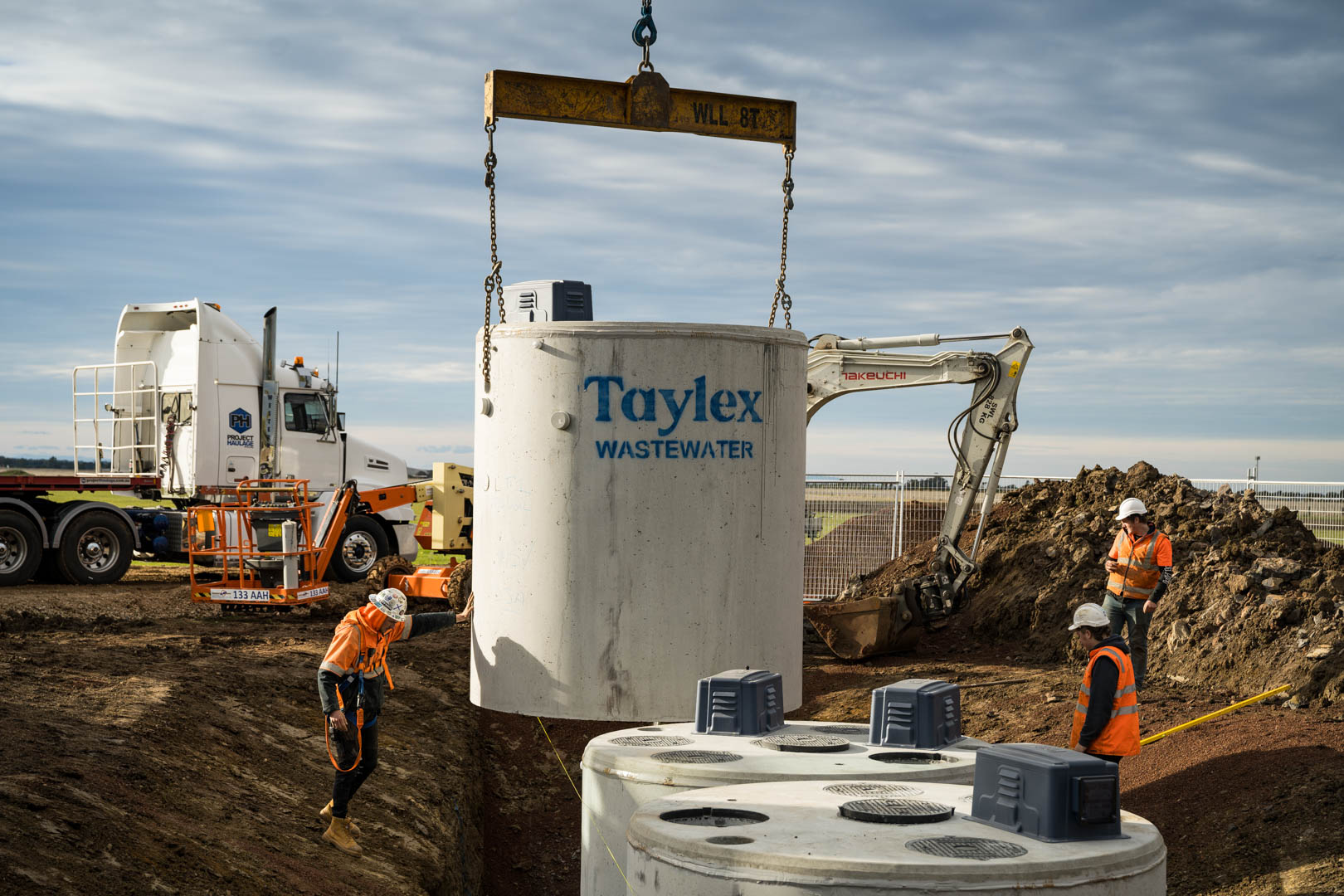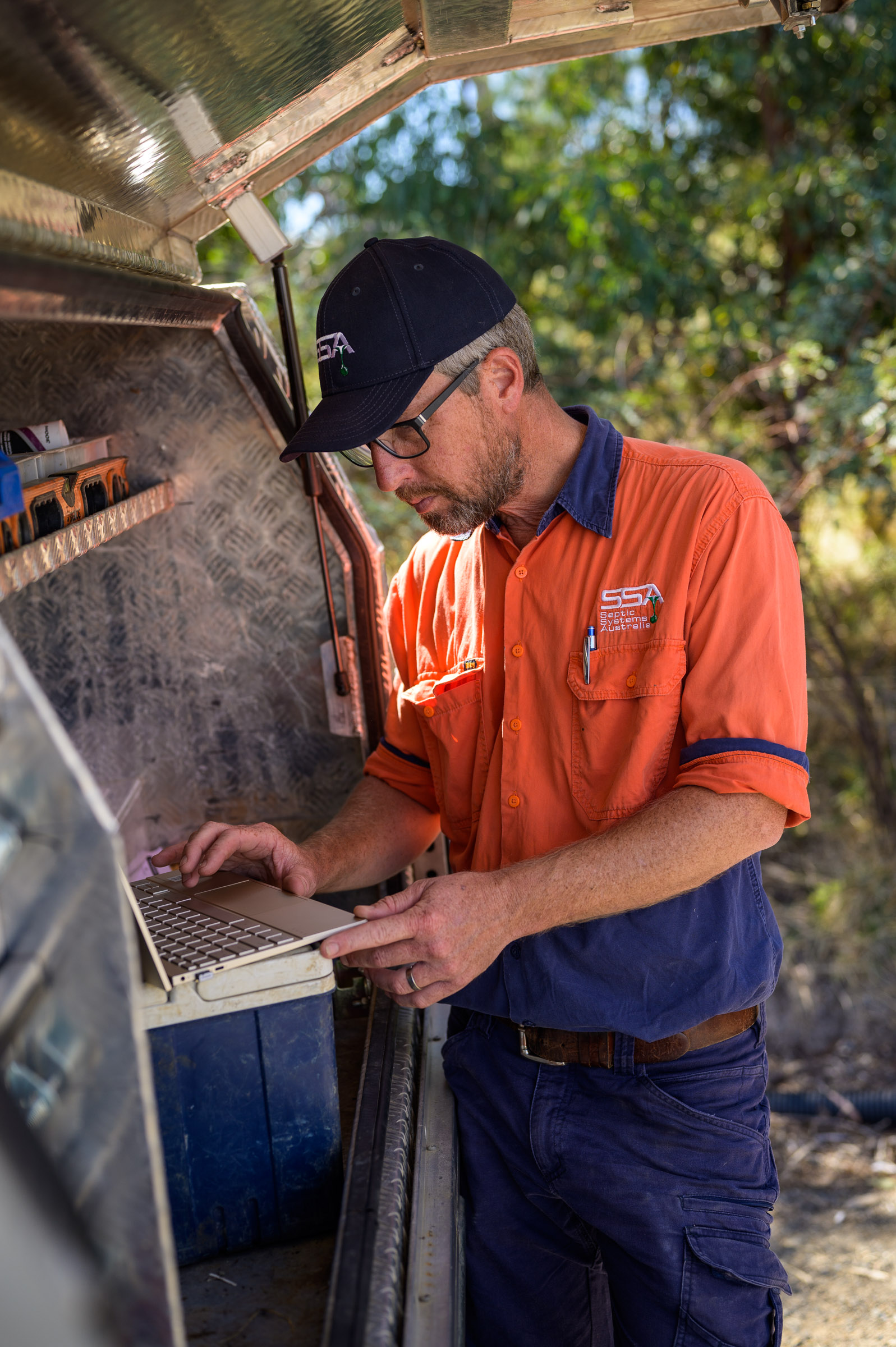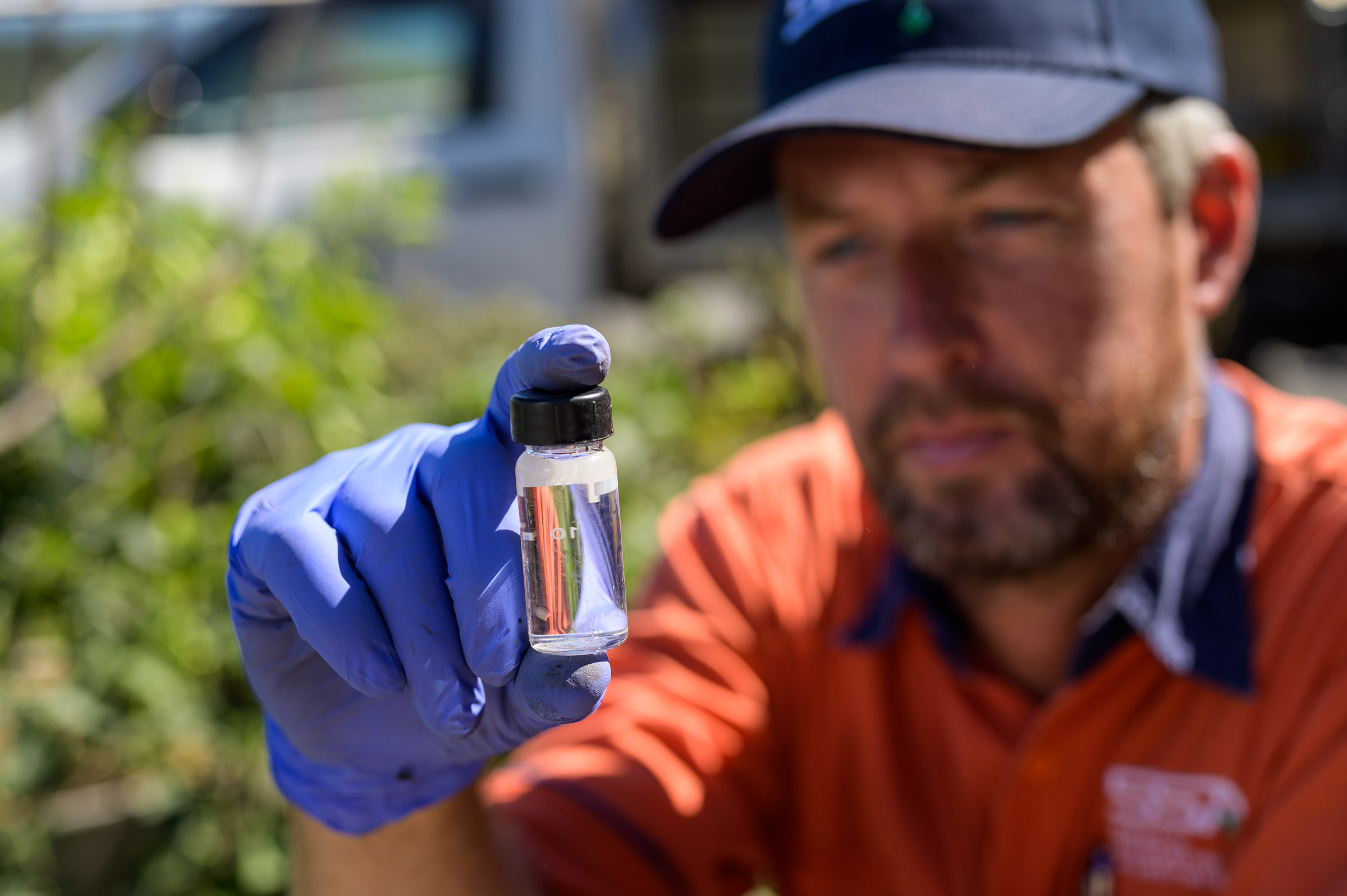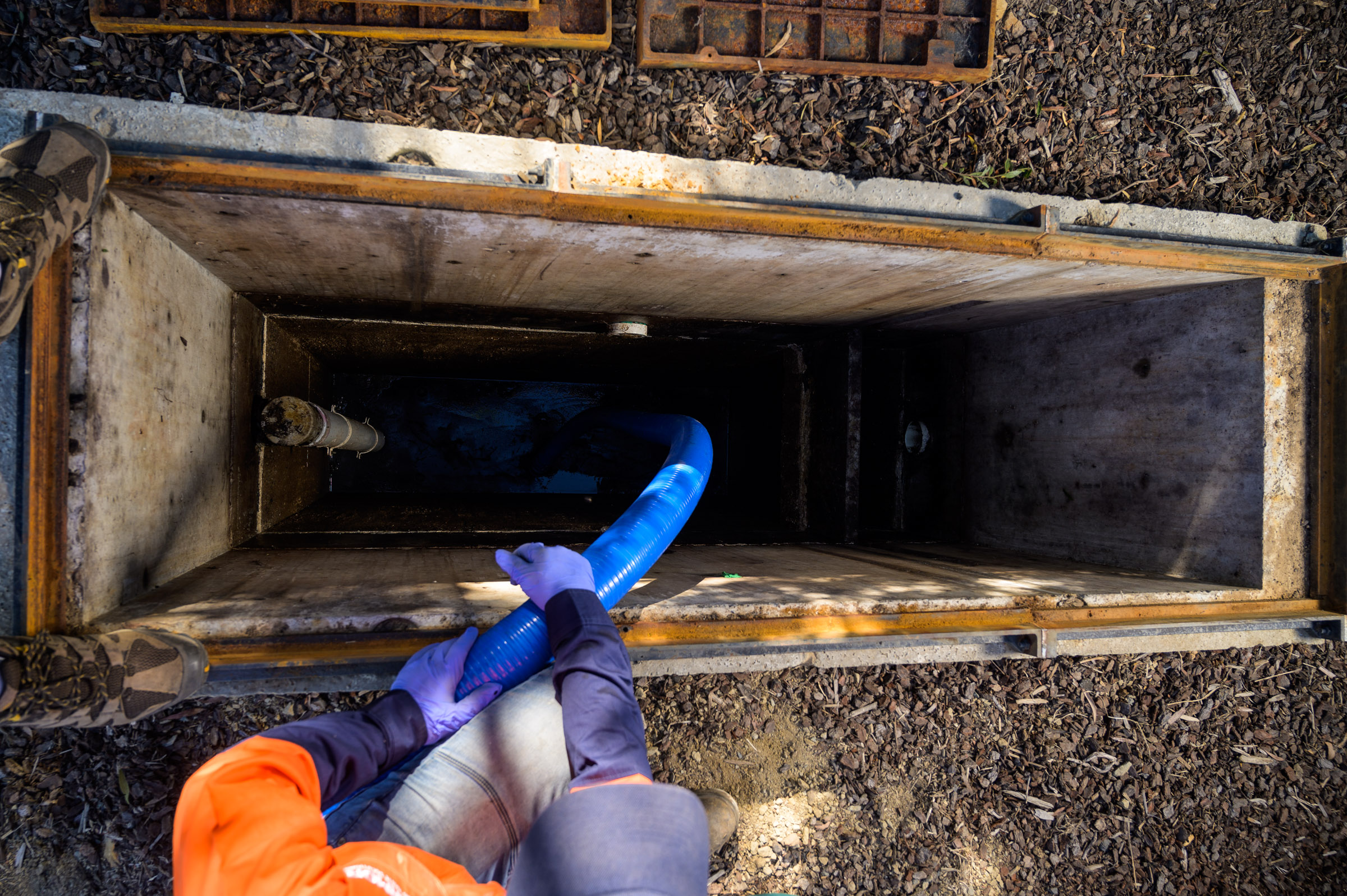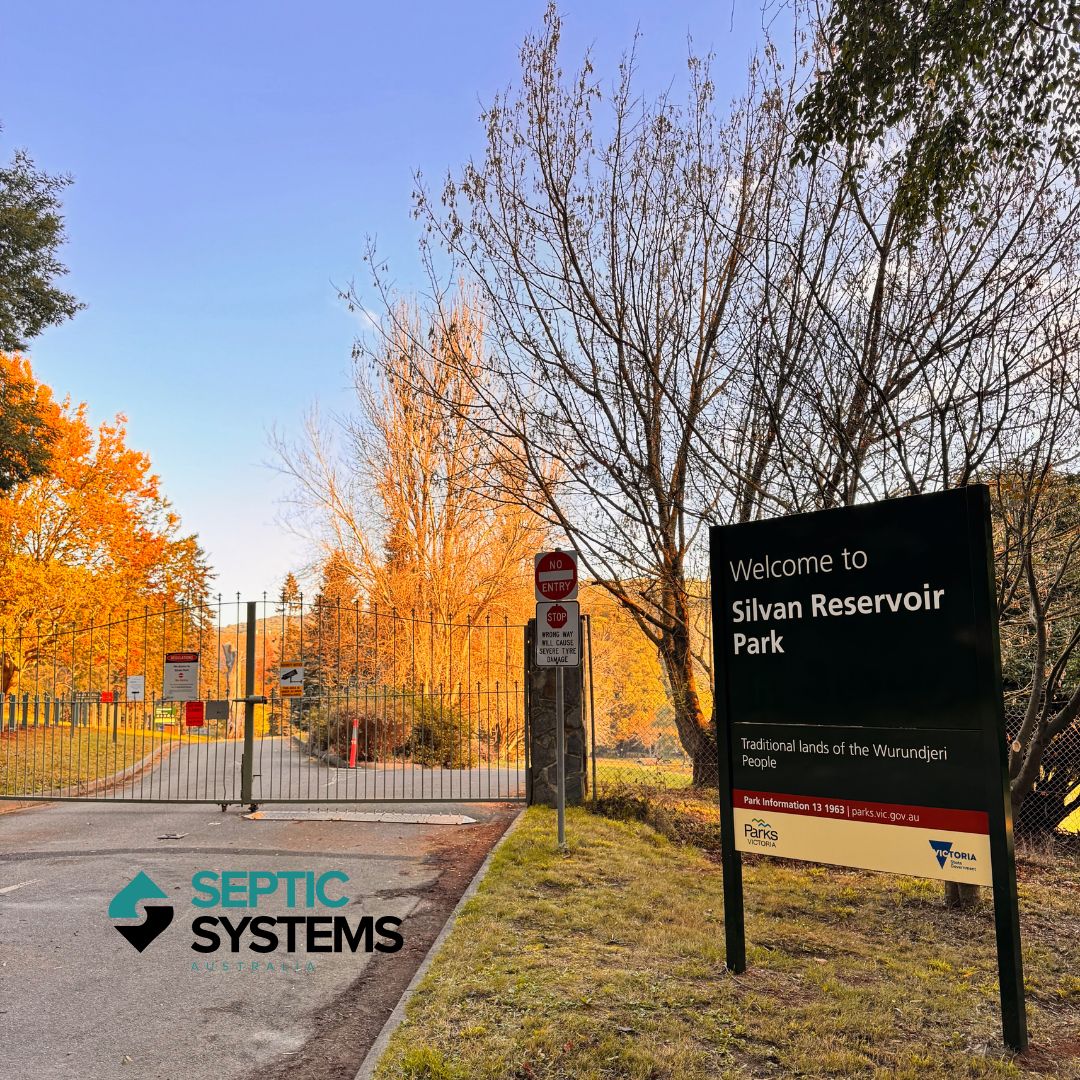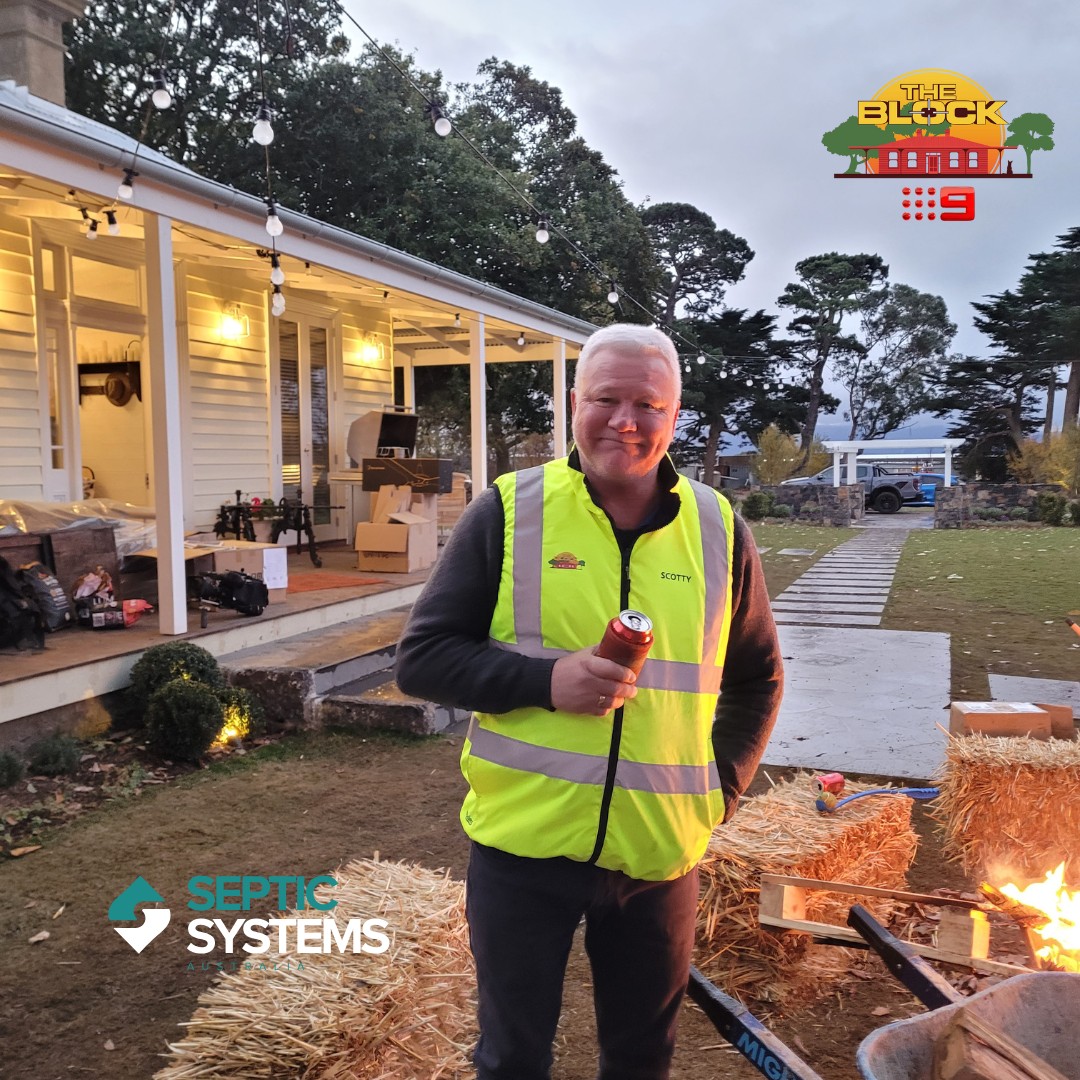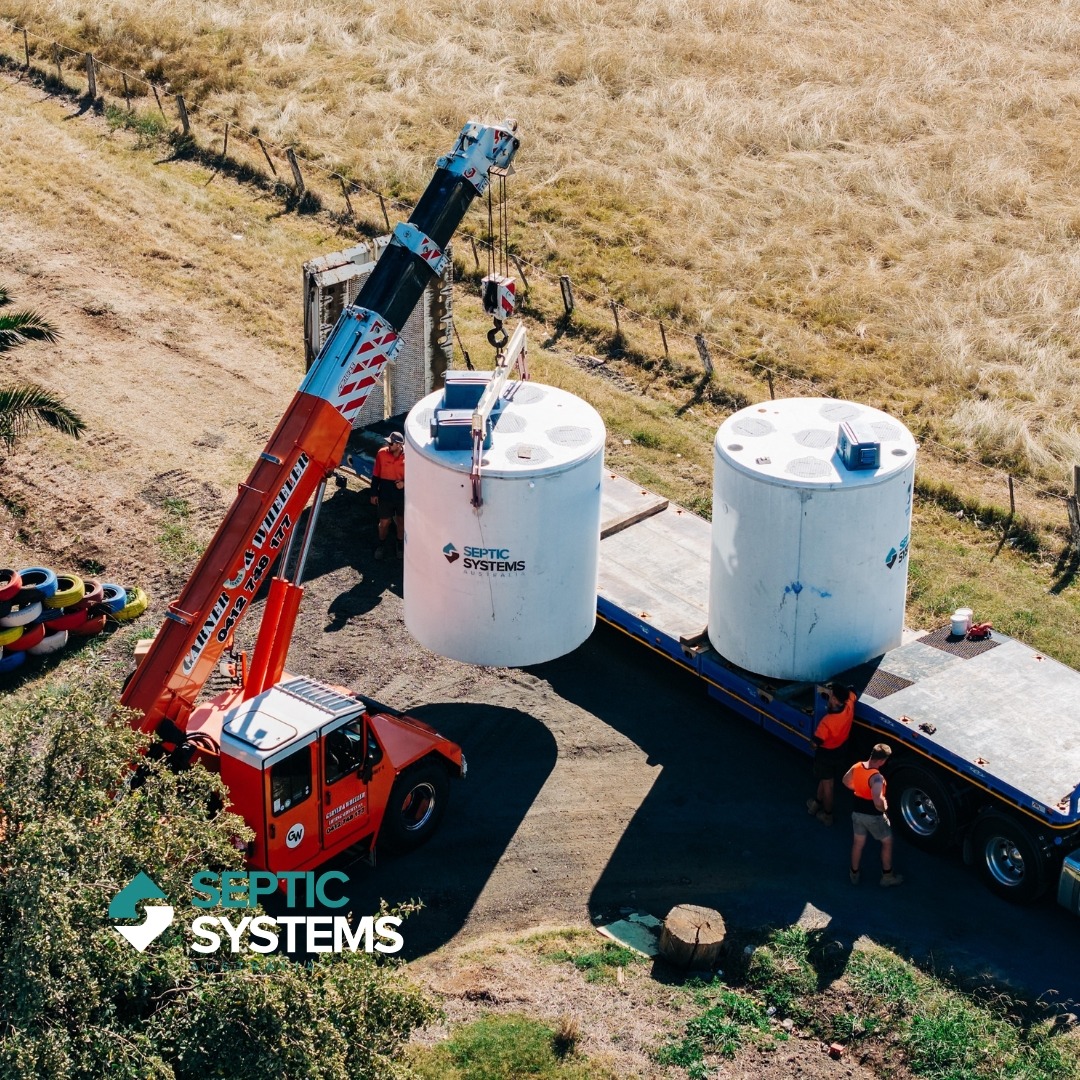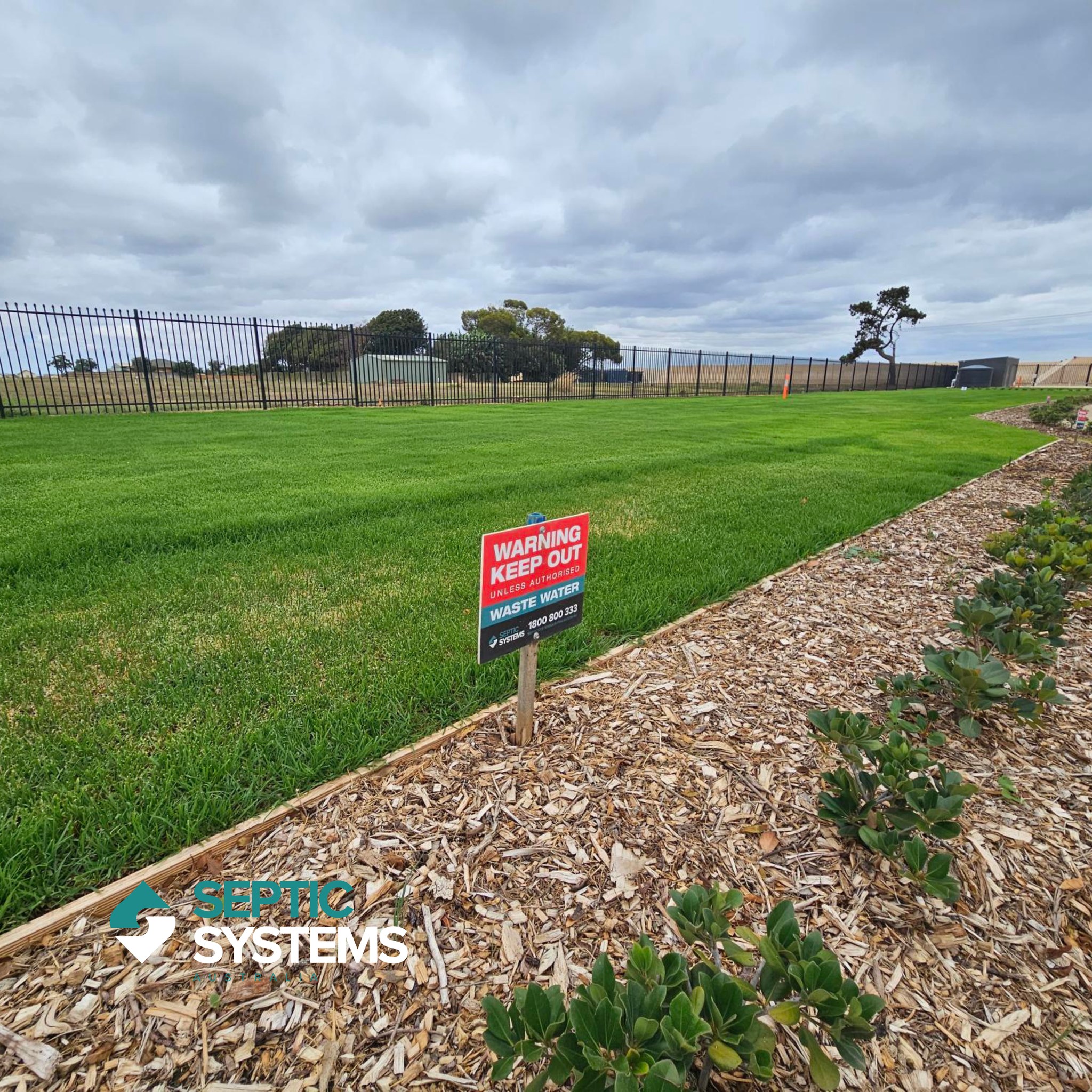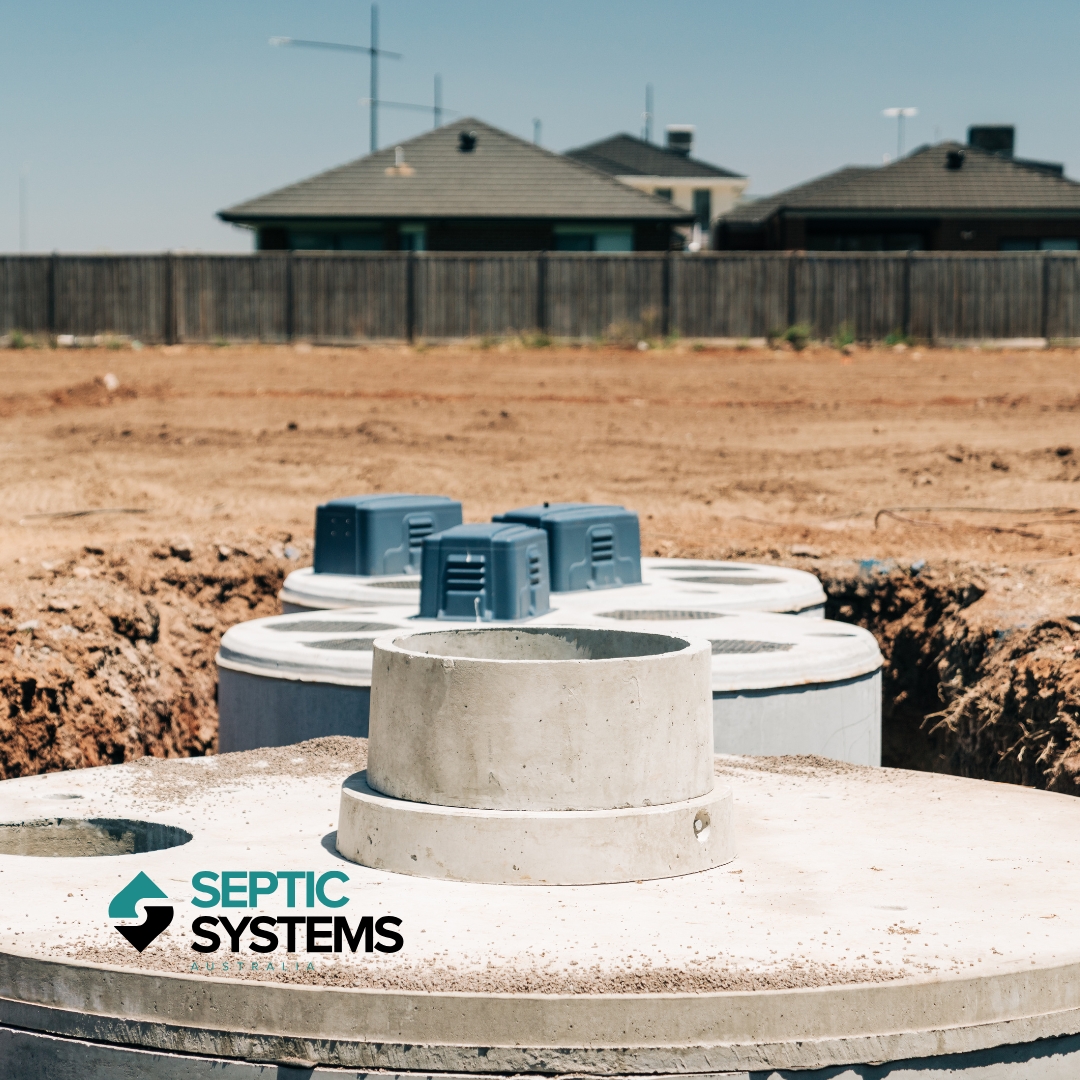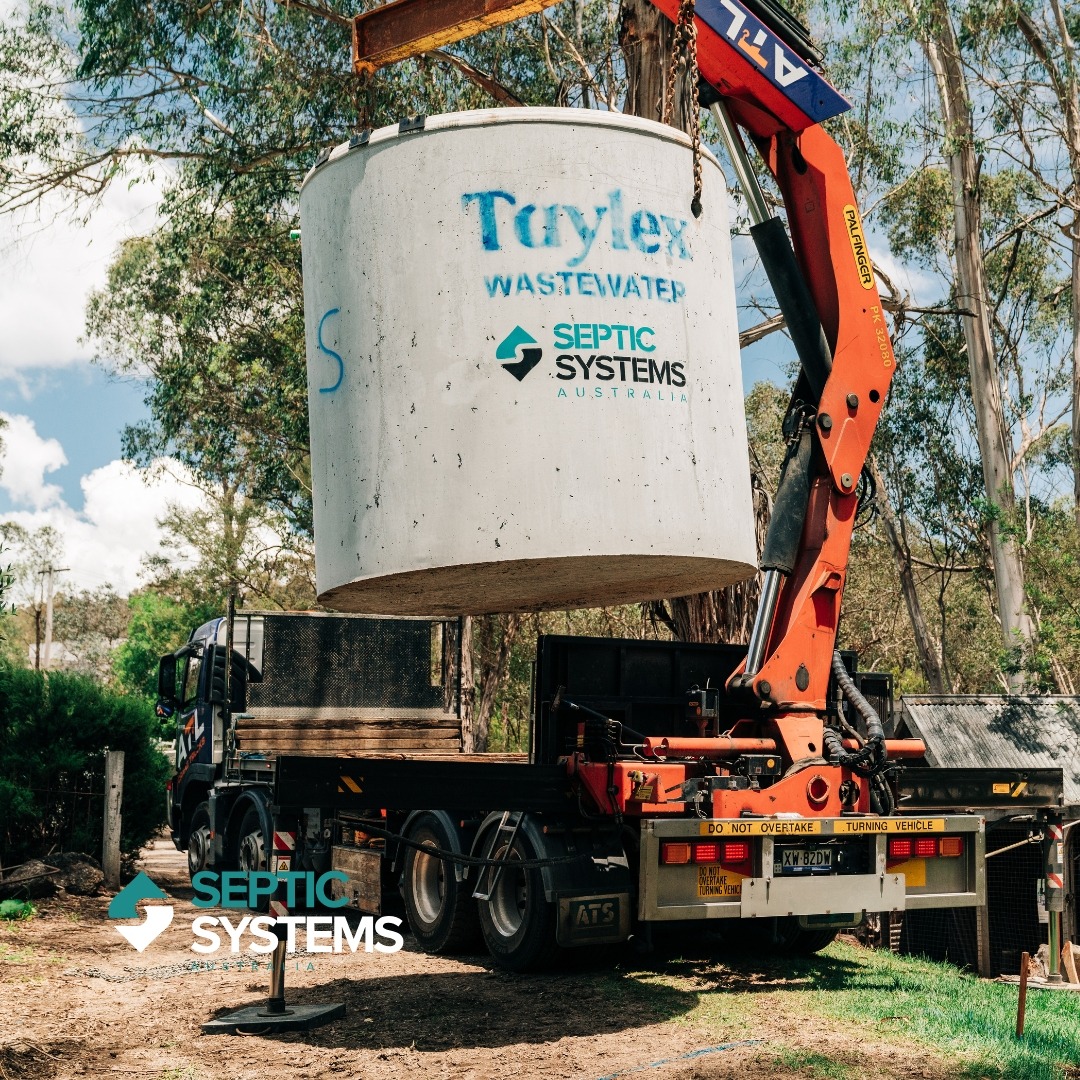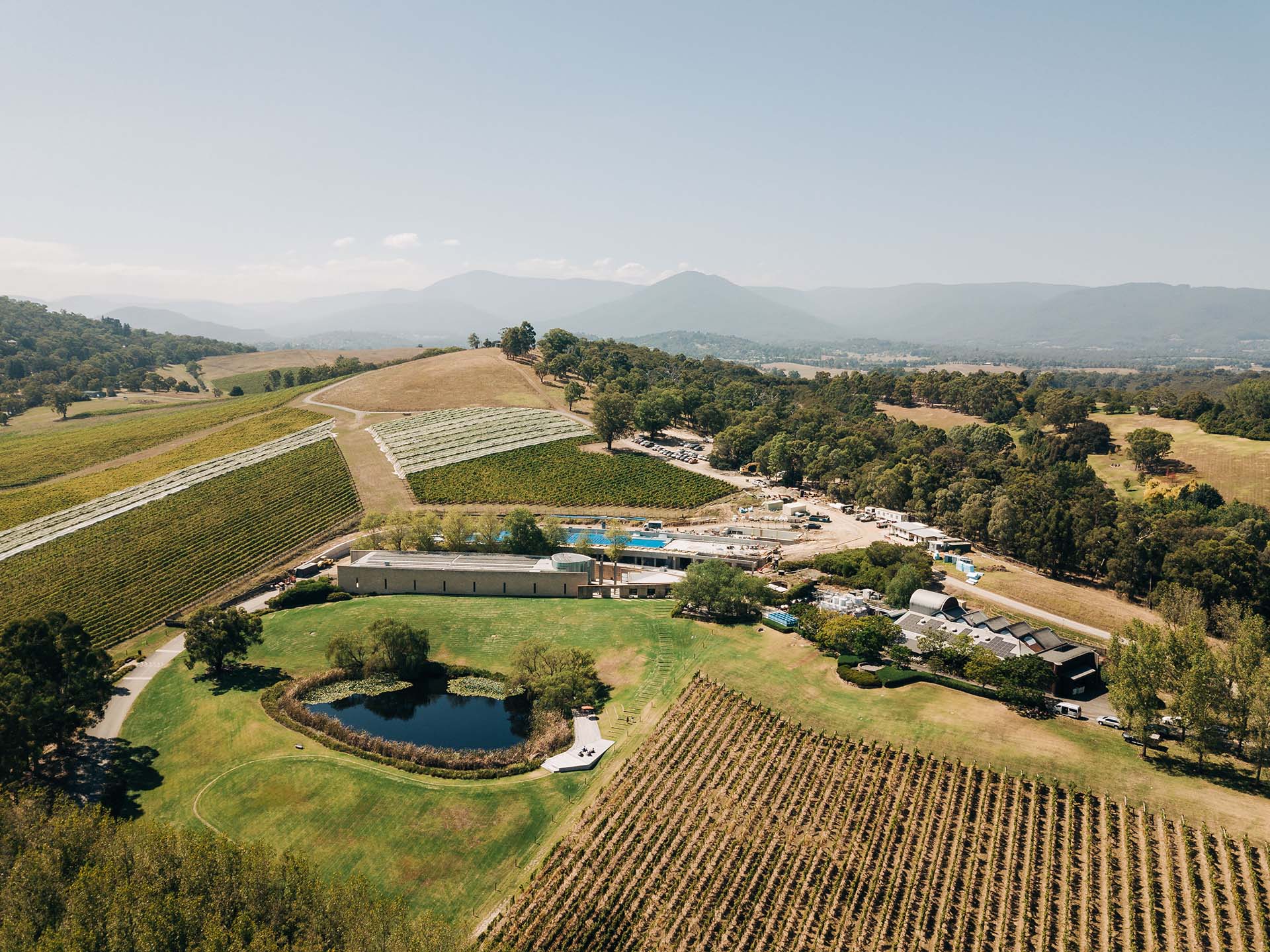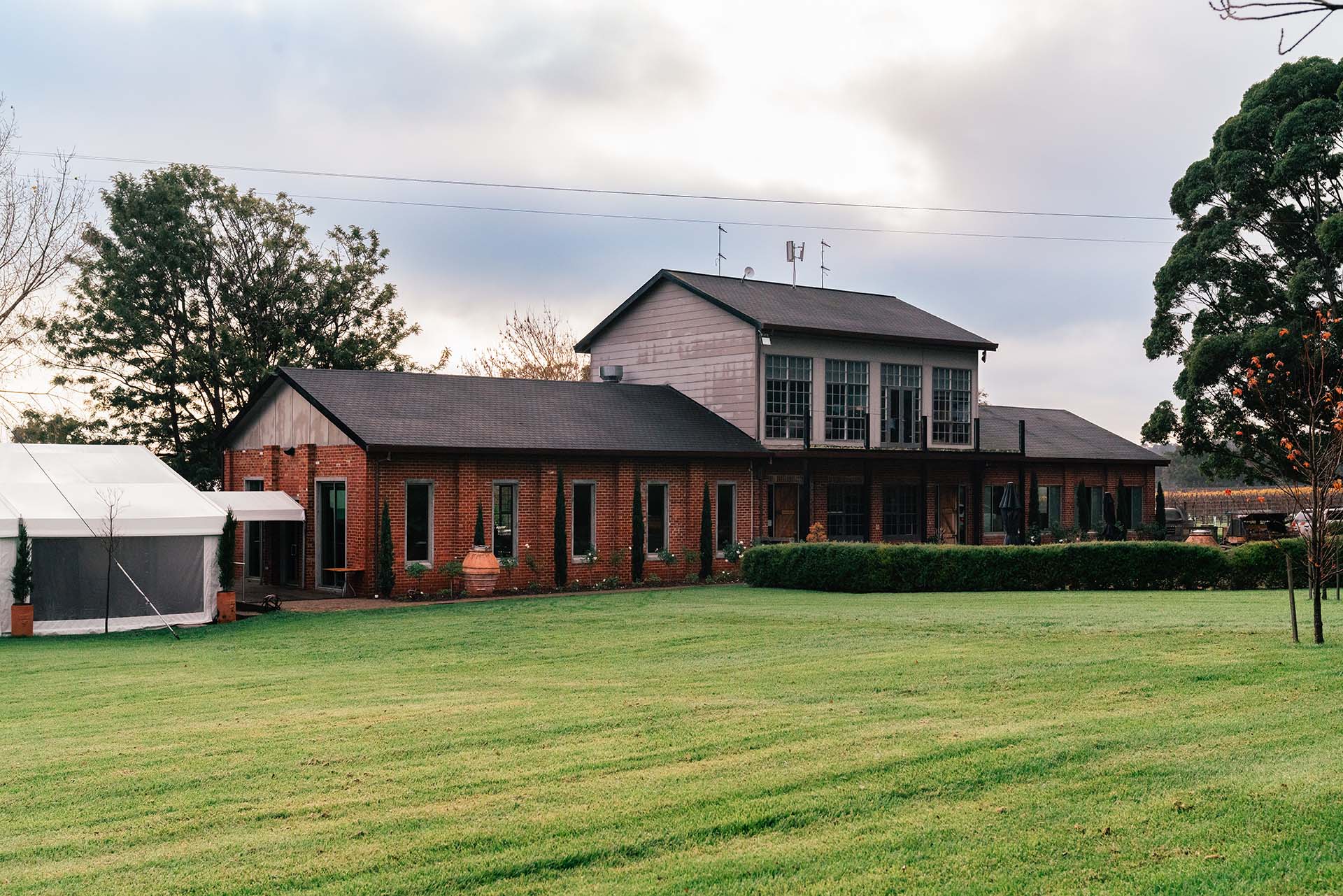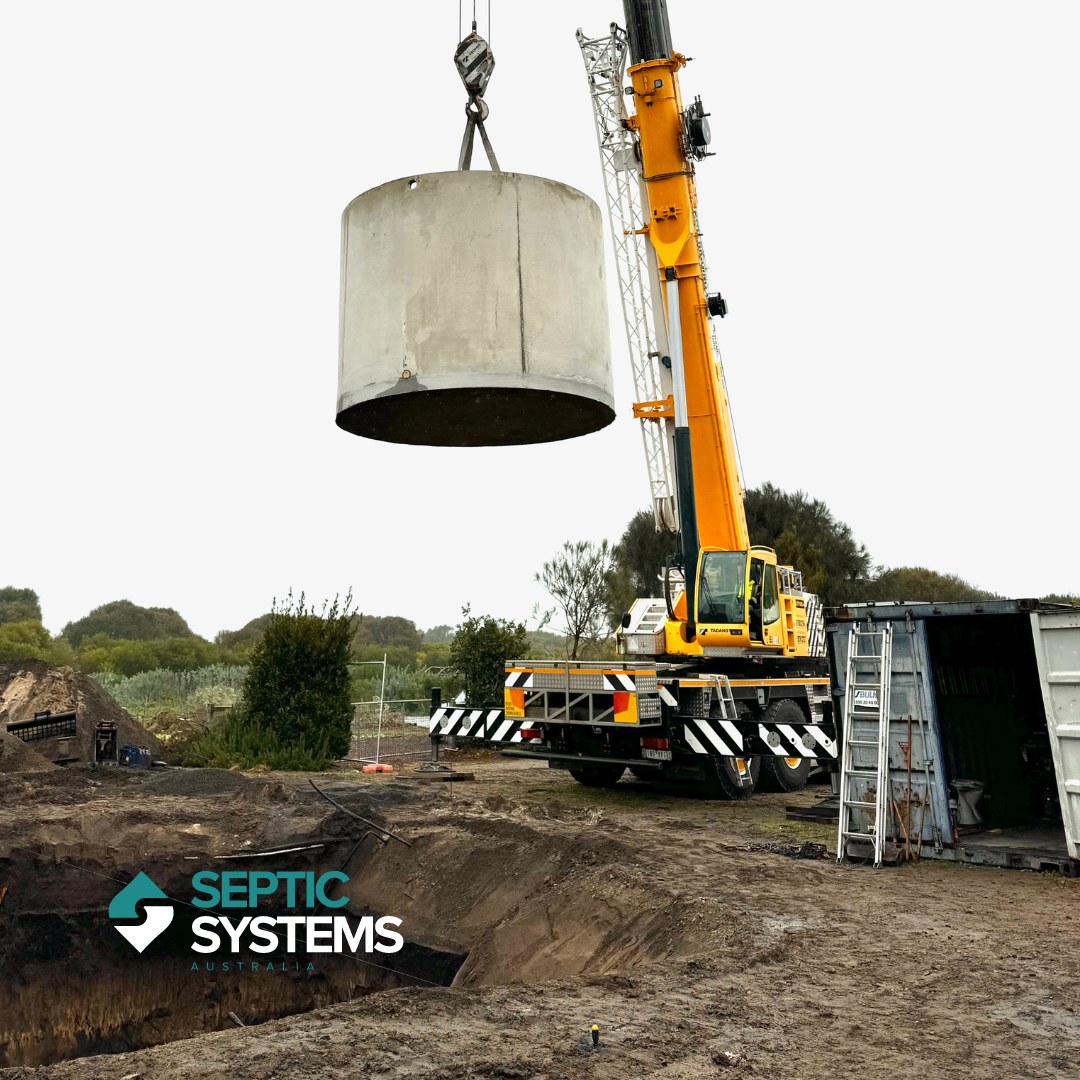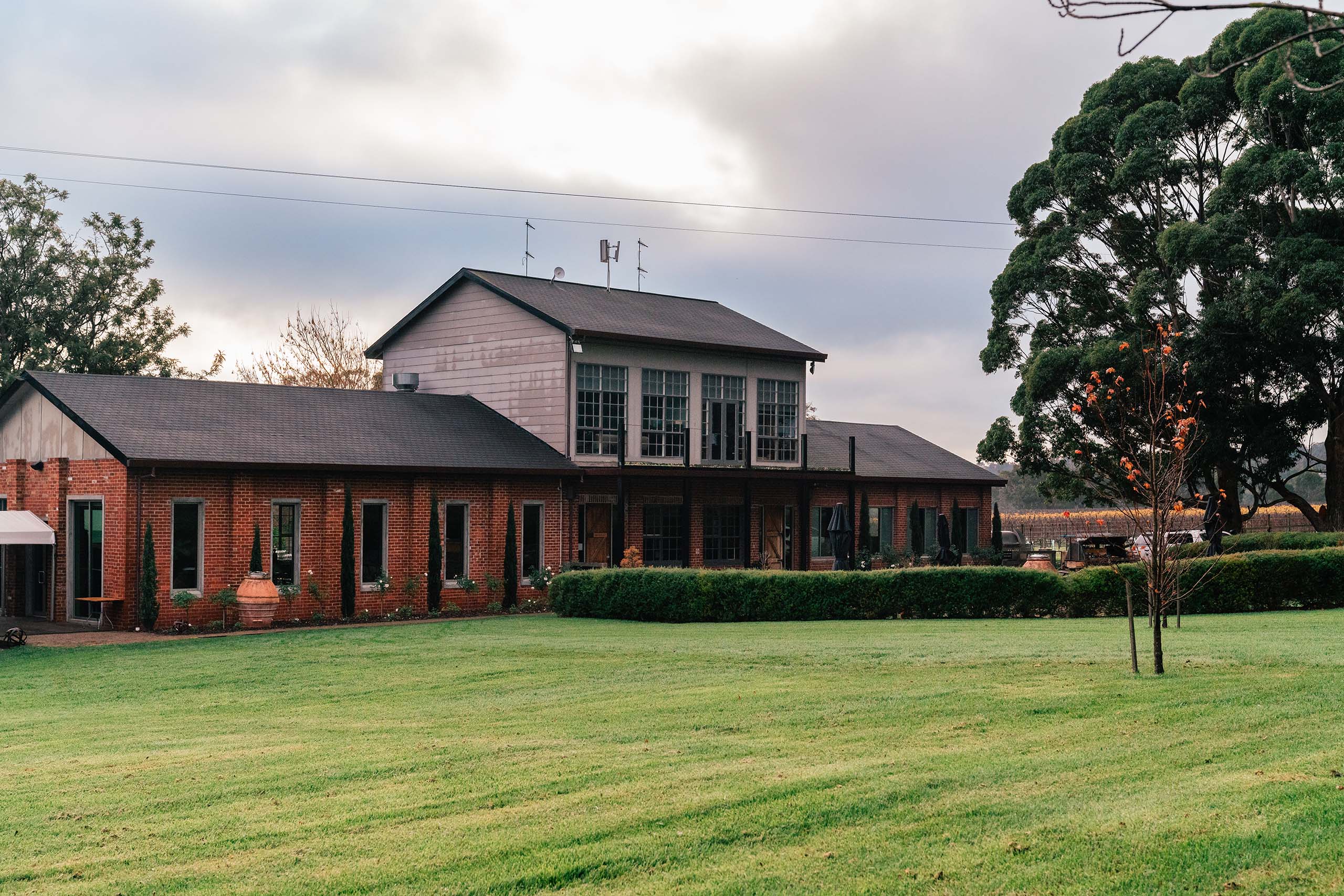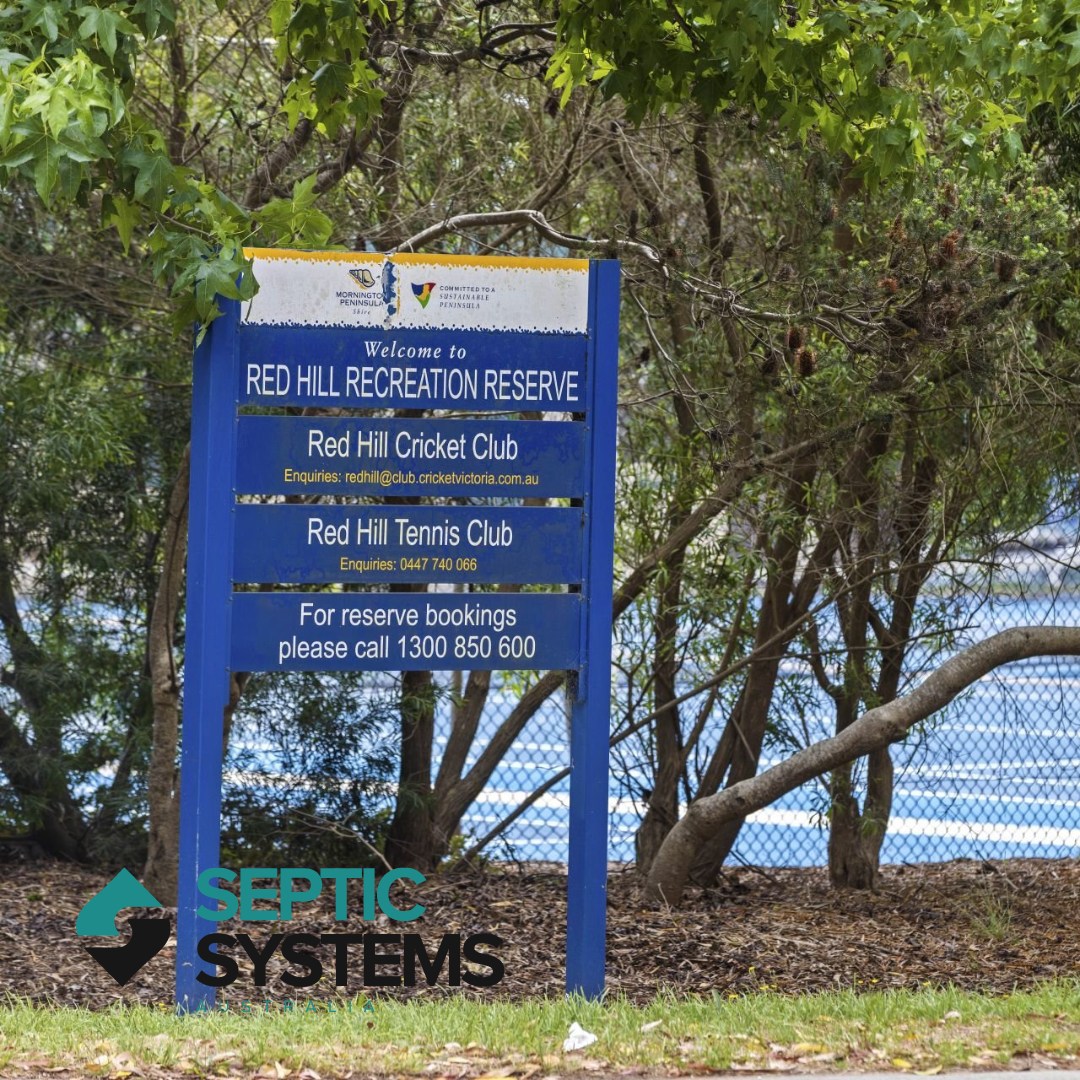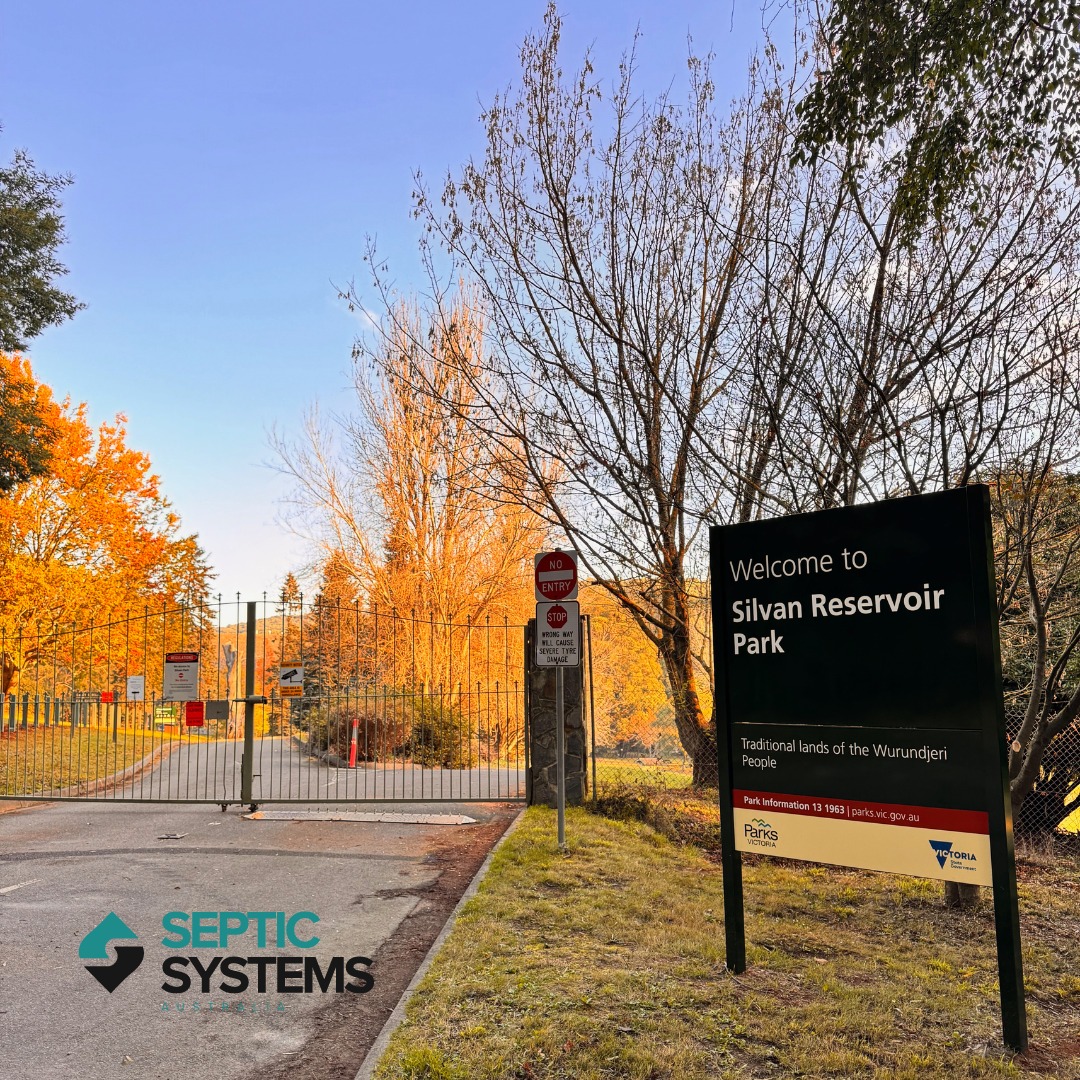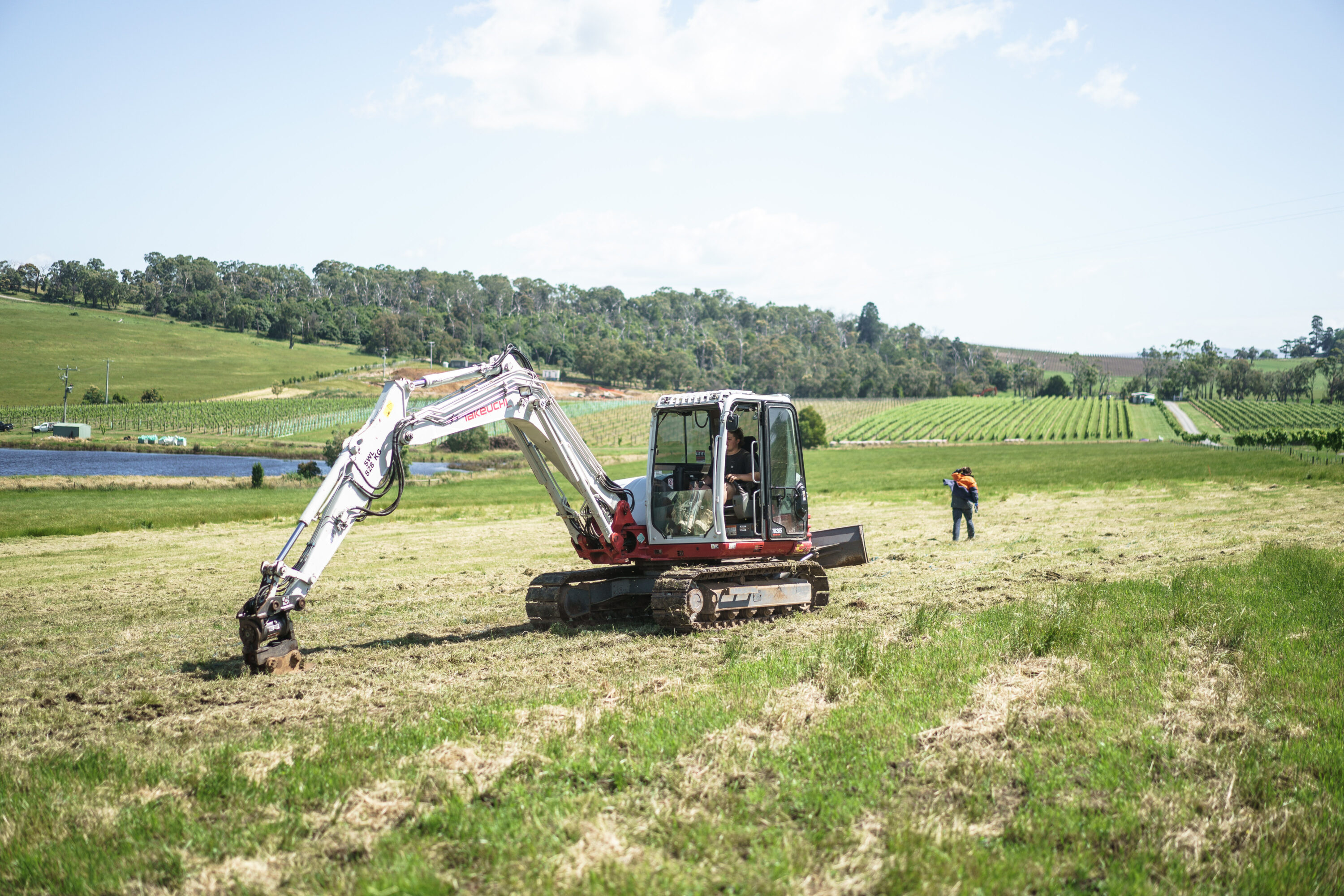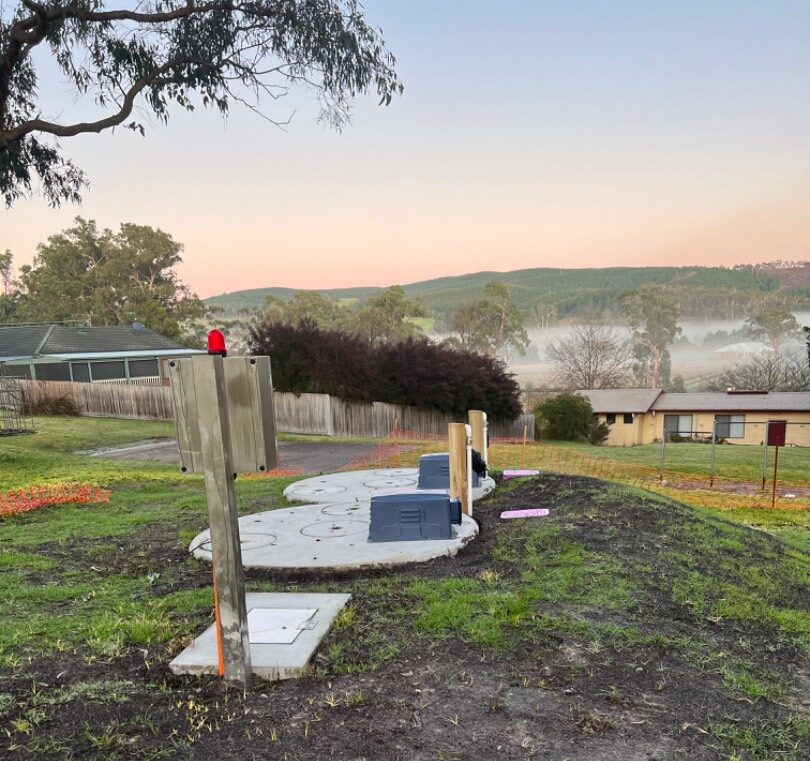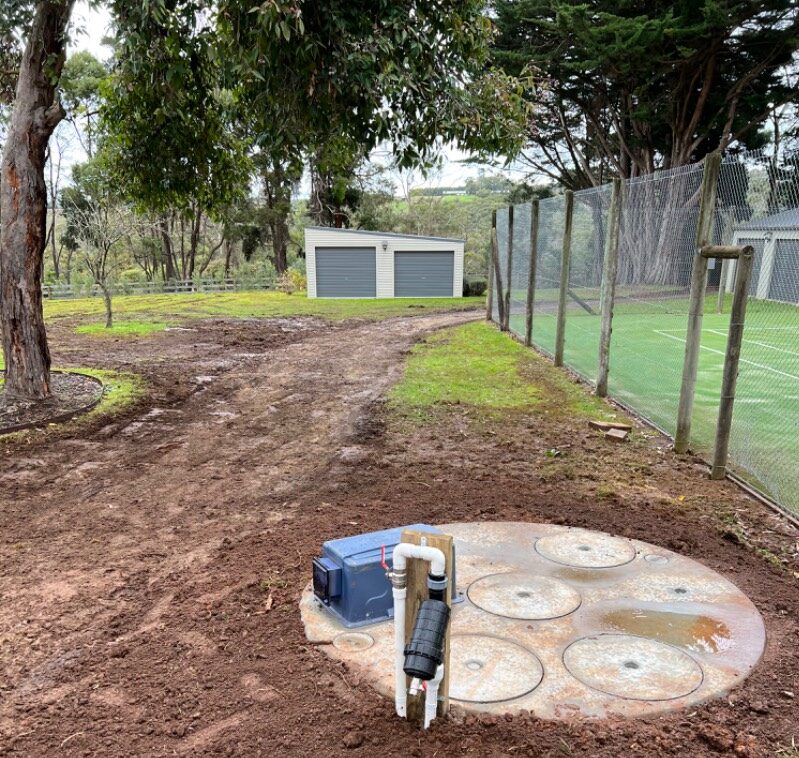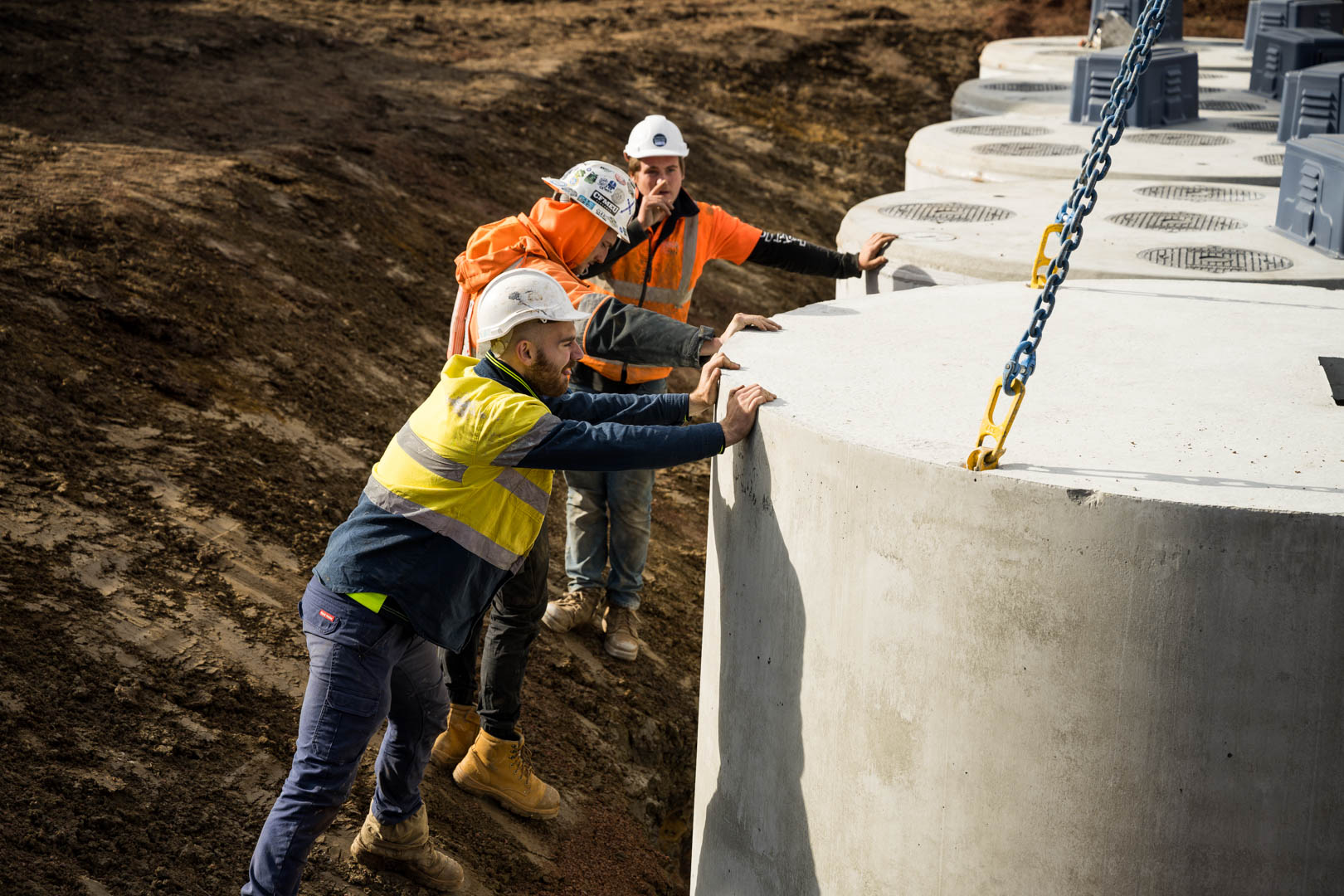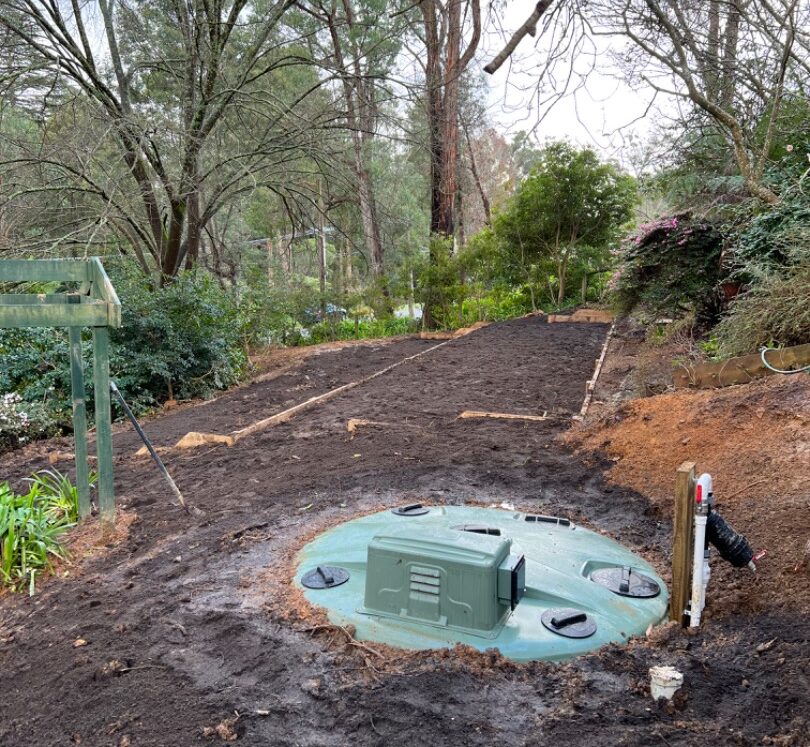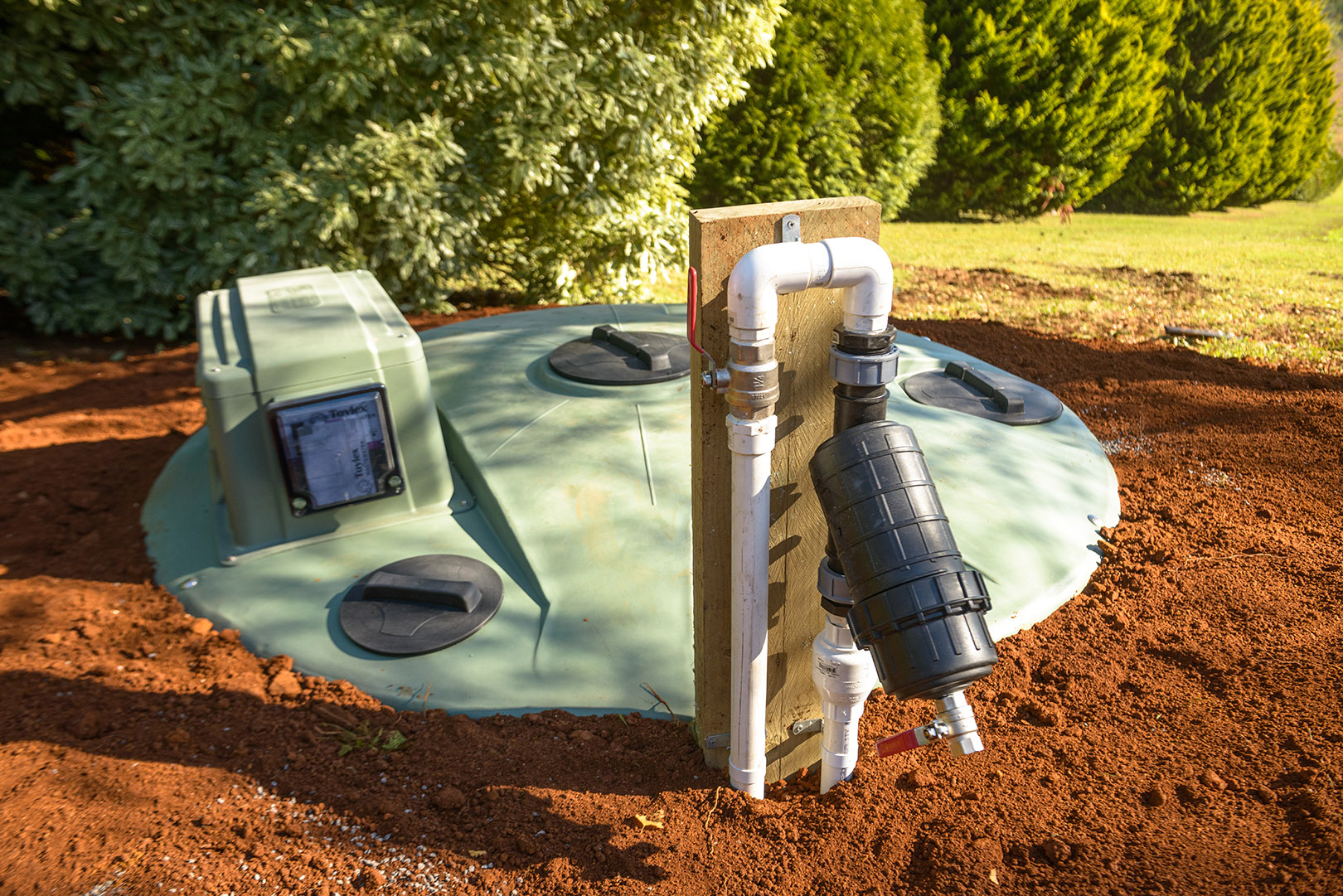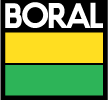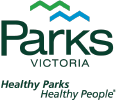20yrs
In the industry for 20 years
25+
Loyal and experienced team members
3000+
Systems installed
4000+
Happy Customers
About Us
Why choose us
We’re passionate about wastewater, so you don’t have to be.
We like nothing better than designing, installing, servicing, repairing and maintaining residential and commercial septic systems. We’ll take care of the council and EPA permits and licenses and we’ll keep your systems running smoothly and compliant for their full life cycle.
Services
Septic Systems and Aerated Wastewater Treatment solutions
Switch between our Residential and Commercial Services
Resources
Which type of system is the right one for you?
There are two main types of septic systems. Learn about the pros and cons of both to determine which one is right for you…and why that in most situations, you won’t have a choice!
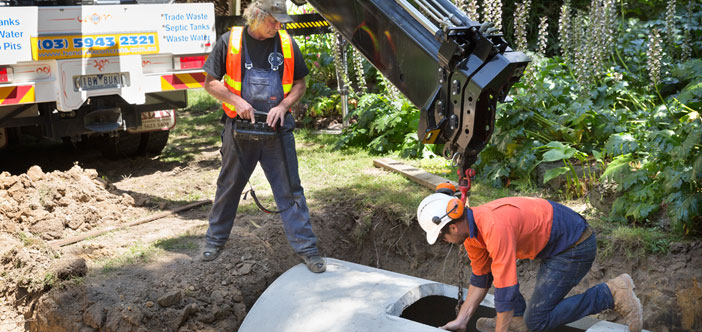
Septic Tanks
Septic tanks are a cost effective septic solution for residential waste water treatment. With low maintenance requirements and often no need for pumps, they’re ideal for remote and rural households. However, the quality of the final liquid waste is poor. Generally you will only be allowed to install one of these if your land is greater than 2.5 acres and is without dams or nearby waterways.
Quality of Effluent=Higher Risk
Not suitable for properties under 8,000m2
Effluent cannot be reused to water your grass and gardens.
Less ongoing maintenance
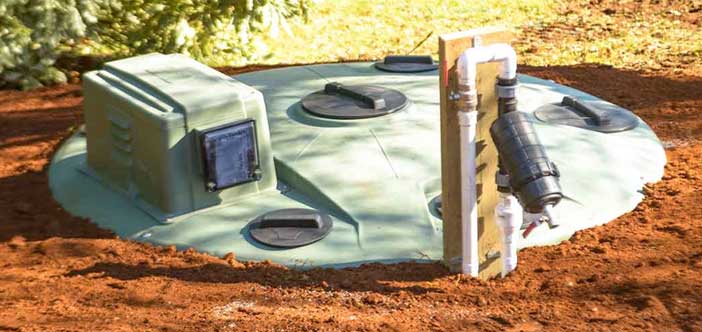
Aerated Wastewater Treatment Systems
AWTS is used for the treatment of wastewater through various treatment ‘chambers’ which are attached to an irrigation system. The wastewater is treated by bacteria in the presence of oxygen. Oxygen increases bacterial activity and the bacteria break down the nutrients in the effluent. The water is disinfected to further reduce the pathogen levels and used for irrigation.
Quality of effluent is excellent
Suitable for properties with tight access
Suitable for sites with rock or high-water table/
Effluent can be used to water your grass and gardens
More ongoing maintenance
What our customers say
Get a Quote
Contact us for a no obligation quote
